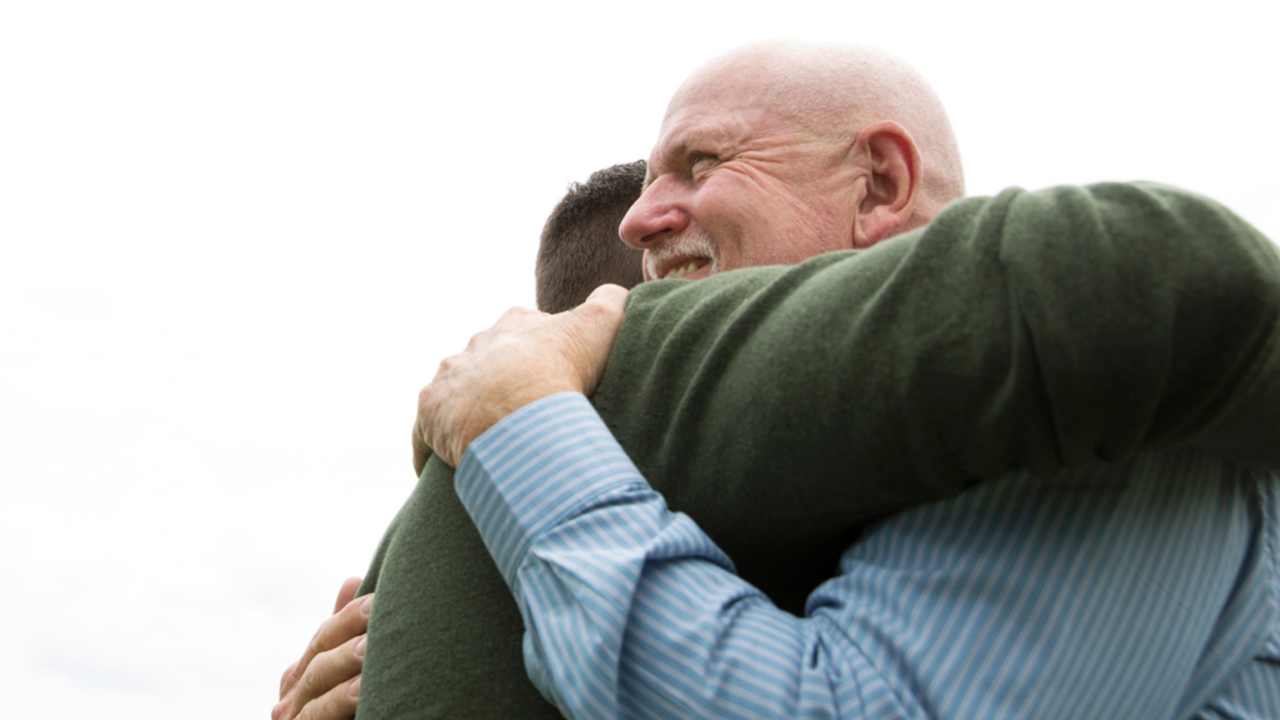
A massacre in my own city! I couldn’t believe it as the full horror unfolded. So many innocent people murdered; so many suffering so much. No one deserved any of this; it is a gross injustice.
An emotional, gut-level response is a natural and immediate reaction to such shock and horror. But then what? Pretend things can go back to what they were? Not realistic. Live with fear and hatred? That is no answer, especially for followers of Jesus.
In every situation the critical questions for Jesus followers are always, “Where is God in this?” and “What is the Spirit saying to us?” I believe it is crucial that believers everywhere ask these questions, do the work that is required to hear from God, and then have the courage to implement the changes and learnings he reveals. Together we must make a considered, truly Christian response to this horrific event, and others like it, such as the outrage in Sri Lanka.
Jesus’ commands make the pathway clear. He tells us that the greatest command is to love God with everything we are, and to love our neighbour as our self, even if our neighbour is an enemy. What does it mean to love?
To understand love we start with God. What does his love look like? What impact does it have on us? How does it feel? What changes does it bring about in us?
And we learn to love as we immerse ourselves afresh in Scripture and prayer—indispensable sources of insight and wisdom. The stories of Jesus and his interaction with people like the woman he met at the well, and the stories he told like the Good Samaritan, instruct us.
However different our neighbour in our street, at work or school, or on the bus, is to us, and however different their beliefs, their values and their lifestyles from our own, we are called to love them. As we do, we’ll see the Spirit of God at work in exciting and powerful new ways.
Like a diamond, here are some facets of love:
- We affirm all people as loved by God.
- We lament with people. We weep with those who weep. In a society and sometimes a church obsessed with celebration, we learn how to live in lament also.
- We condemn evil whenever it is found. We stand against injustice, oppression and abuse. We reject revenge, leaving consequences to God.
- We are generous with compassion, healing, humility and mercy. We work to alleviate suffering.
- We know the enemy is never people; it is evil spiritual forces and powers.
- We know we are not entitled to any favour or significance in our society. We follow in the footsteps of the crucified Saviour.
- We live and share the here and now good news of the Saviour and his life-transforming Kingdom that is among us.
Tragedy is an opportunity for us to serve God, and to experience God, in new ways. This doesn’t take away the pain; it doesn’t make evil good. But God can and does turn evil for good, just as happened on the cross and at the tomb left empty.
Reflection: Paul Askin
Paul is a follower of Jesus, husband and family man, farmer, hunter, reader, author and pastor.
For another reflection on the Christchurch msoques massacre, read #YouAreNotAlone.


